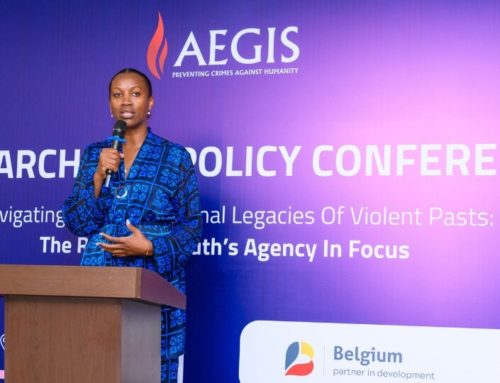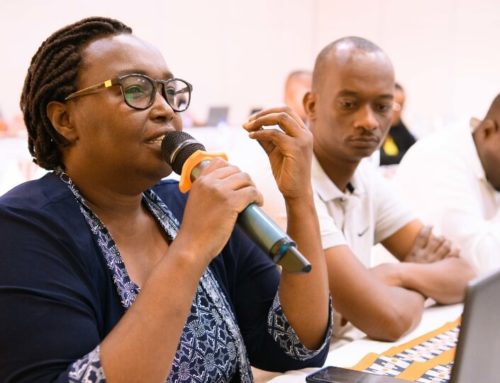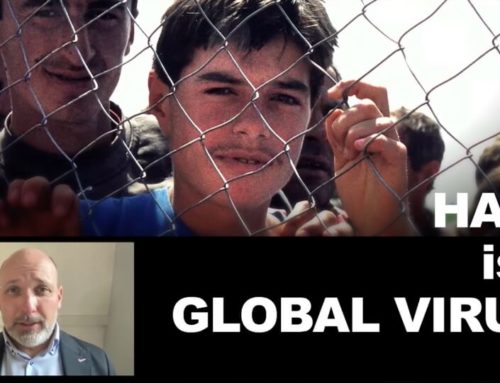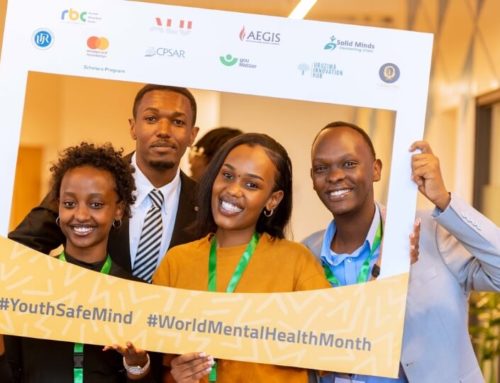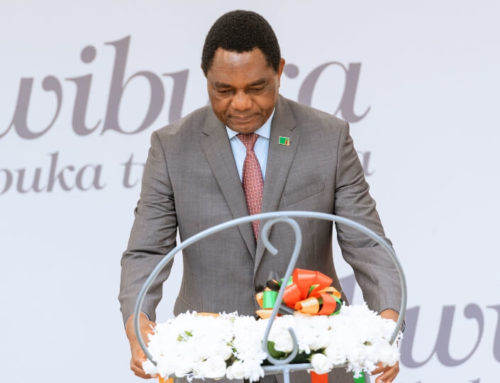13 Dec 07 – The Aegis Trust today released a short film about the Nanking massacre on the 70th anniversary of the fall of the city to the Japanese Imperial Army, 13 December 1937.
In a six-week period following the capture of Nanking, Japanese troops murdered around 300,000 unarmed PoWs and civilians, raping an estimated 20,000 to 80,000 women. The massacre marked the start of a campaign in which over 12.5 million Chinese civilians would be killed.
In the film, ‘Nanking: wounds unhealed’, Chinese survivors of Japan’s wartime mass atrocities recount their experiences and talk about their desire, seventy years on, for an end to the denial of their suffering by Japan.
“We lost several hundred thousand people in the hands of the Japanese, but now all we hear is denial,” says Nanking massacre survivor Xia Shuqin, who has previously taken Japanese writers to court for defamation. “I lost my entire family – all three generations,” she says. “I have the scars to prove it, and that’s not lying. That’s evidence.”
Japan has never formally apologised to China over the massacre. The Yasukuni war memorial in Tokyo, which enshrines noted war criminals, has been regularly visited by Japan’s leadership.
The fifteen-minute film touches on some of the atrocities which came after Nanking, including the use of biological weapons against Chinese civilians. After the war, the United States granted immunity from prosecution to Unit 731, the most notorious the Japan’s germ warfare teams, in return for all data it had gathered, much of it at the expense of innocent lives.
The film also highlights the actions of a small group of westerners, among them doctors, missionaries and businessmen, who – led by John Rabe, German head of the local Nazi Party – set up a two-mile-square ‘Nanking Safety Zone’ in November 1937 to act as a haven for refugees. They are credited with saving as many as 250,000 lives through their bravery and timely action.
“The actions of John Rabe and his colleagues in Nanking are a reminder and an inspiration to us all to respond when we see people facing genocidal violence in the world today.” says Dr James Smith, Chief Executive of the Aegis Trust.
“It is also striking that China, seventy years ago the victim of Japanese mass atrocities, is in a growing position to influence Governments who commit such crimes – not only because of their permanent position on the UN’s Security Council, but the leverage they can exert through economic power.
“While Europe has failed to honour the victims of the Holocaust by protecting people from subsequent genocide, there is now recognition that Governments should follow the example of heroes like John Rabe. World leaders acknowledged in 2005 that they have a responsibility to protect civilians from genocide and crimes against humanity.
“It would be a worthy tribute to the memory of the millions of Chinese so tragically lost seventy years ago if the Responsibility to Protect policy became a reality for people in Darfur today.”
‘Nanking: Wounds Unhealed’ was made by the Aegis Trust in association with the Global Alliance for Preservation of the History of World War II in Asia (Global Alliance).
If you are interested in screening the film, contact the Aegis Trust: office@aegistrust.orgThis e-mail address is being protected from spambots. You need JavaScript enabled to view it
For more information about the Rape of Nanking, see:
Global Alliance http://www.global-alliance.net
The Rape of Nanking (Iris Chang) http://www.amazon.com/Rape-Nanking-Forgotten-Holocaust-World/dp/0140277447
Iris Chang: the Rape of Nanking (movie) http://www.irischangthemovie.com
Nanking (movie) http://www.nankingthefilm.com/

